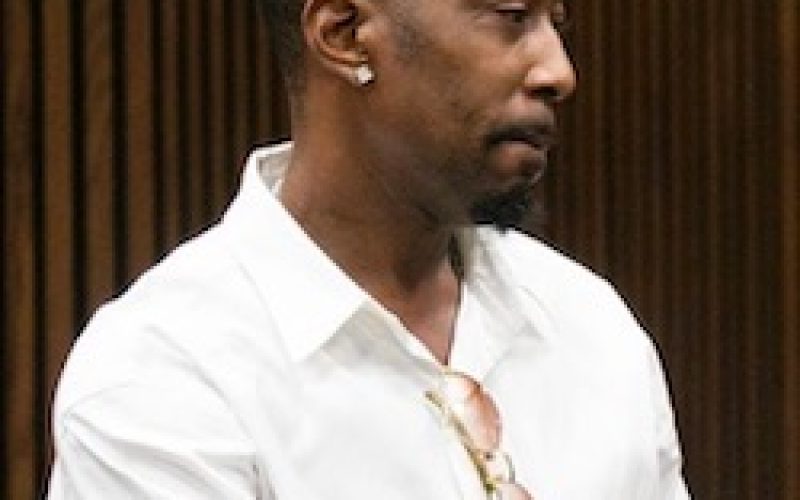Every day professionals are tasked with taking statements, conducting interviews, or obtaining testimonies of individuals during the course of an investigation, insurance claim, court proceeding, or business transaction. How can you tell if the person that you are talking to is telling the truth? We have all heard of the “tells” associated with lying; lack of eye contact, restless hands, sweating, etc. However, even though many of these may be good indicators, they are not rock solid proof of dishonesty. Not to mention, many times an interviewer does not have the benefit of being in the same room with the subject. In many cases you may not even be in the same time zone as the person you are interviewing and must complete the interview over the telephone.
Probably one of the best techniques to determine if an individual is not being truthful is to ask open ended questions. Simple yes or no questions can be rehearsed and coached, while preparing for open ended questions is much more difficult. By asking several open ended questions on a particular topic or event, the interviewer can normally bring forward discrepancies in the story or testimony. A crucial element when asking an open ended question is for the interviewer to remain silent after asking the question. An extended period of silence before an answer can speak volumes. Whatever you do, do not feed answers to the subject or offer suggestions, just listen and take good notes. An instructor once told me: “After you ask an open ended question, the next person who speaks…loses”.
Another strategy to employ is to stay away from the “norm” when asking questions. Keep the subject on his or her toes and surprise them with questions. For example, instead of asking for the details in chronological order, ask the subject to provide the details by most recent actions first. Many people who are committing fraud or lying will go over the story in their head repeatedly and master it from the beginning. By mixing things up, an interviewer can catch the subject off guard and make it difficult for the subject to “remember” his or her fabricated story.
Finally, get as many details as possible. Dates, times, locations, colors, sounds, etc. Ask for these details multiple times during the interview in different contexts. Detailed and specific information is easier for the interviewer to verify either in real time, or at a later date. If you notice a discrepancy in details given, do not let on that you have noticed, but be sure to ask for clarification and probe further.
Again, there are hundreds of tips, tactics, and procedures that can be utilized when conducting an interview. In fact, there are entire college courses dedicated to the art of the interview. The tips mentioned above are by no means all encompassing, but will give you a great start to getting to the truth when conducting an interview.
The investigators at ACS have conducted scores of interviews over the years covering everything from insurance claims, retail and corporate theft, employment screening, criminal investigation, and many more. If you are in need of a professional investigator, please select the “contact” link at the top of the page so we can develop an investigative plan to fit your needs.
All the best,



